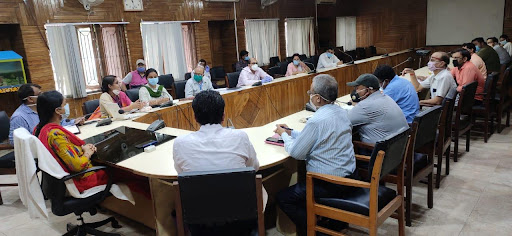
District Skill Committee Meeting, Hardoi, Uttar Pradesh
The Potential Role of District Skill Committees in Solving the Poverty and Unemployment Challenge
- By Jaishri Rai -- Copy Editor Jazreen Deboo
- February 21, 2022
Employment, Poverty, Localized Planning, Formalization, Skill Development, End to End Project Management
Solving the unemployment challenge has been a puzzle for developing countries, especially those in the third stage of the Demographic Transition Model. Since independence, India's population has quadrupled, and so has the burden on its resources. According to World Poverty Clock, 7% of the Indian population, i.e., 97,697,747 people, live in extreme poverty. Though India is one of the fastest-growing countries economically, the complexity and diversity of issues concerning unemployment and poverty are barriers in the trickle-down of economic growth.
To ensure inclusive growth, there is a need to understand the issues in the bottom-up planning and district-level implementation machinery. For instance, NITI Ayog's Vision 2020 document discusses fragmentation in the employment sector. It highlights that only 8% of employment is in the organized sector, and more than 90% are engaged in informal sector activities. To create sustainable solutions for poverty, under-employment, and unemployment issues, we need to break down these numbers at the district level.
The bottom-up approach to planning for governance is widely accepted in academia and policy. However, policymakers need to incorporate the existing challenges of grassroots-level implementation machinery while setting the ground for district-level decentralization mechanisms. For example, bringing more people under the formal social security net is essential for social welfare. The organized sector ensures high standards of accountancy transparency of wages. It helps reduce black money, leading to more investment and development, promoting societal welfare. Therefore, from a policy perspective, formalization can be a crucial milestone to deal with the poverty challenge. However, in interior areas of India, both rural and urban, the implementation machinery is not yet competent enough to bring meaningful formalization. Hence, from an implementation perspective, in underdeveloped areas, it is lucrative to adopt a strategy that tackles the existing informal sector through interventions in skill development, access to microfinance, and the creation of non-farm livelihood opportunities.
Strategizing Implementation: Need for End-to-End Project Management
As a Mahatma Gandhi National Fellow, I have worked across livelihood, agriculture, and skill development sectors. My experiences with ground-level machinery taught me the importance of end-to-end project management. The government of India invests in different developmental schemes targeting both unemployment and poverty reduction. The interventions are connected in principle. For example, Pradhan Mantri Employment Guarantee Program (PMEGP) promotes access to finance, and Pradhan Mantri Kaushal Vikas Yojana (PMKVY) provides skill training. The linkage of training and access to finance is essential for employment generation. However, PMEGP is implemented by the Department of Industries and PMKVY by the Department of Skill Development. The lack of coordination at the district level undermines the potential impact of both programs. The District Skill Committees (DSCs) can significantly ensure better coordination and effective implementation.
Channeling and Streamlining Multiple Skill Programs through DSCs
Further, demand-based skill development is essential to solving issues of employability. Skill training is vital for proper capacity building. However, first as envisioned under Skill India Mission, efforts of different departments for skill training need to be integrated through the platform of District Skill Committees. For example, in Uttar Pradesh, the Department of Rural Development has specific skill development targets under Ajeevika Mission, the Department of Agriculture is allocated special funds for demonstrations to farmers, the Department of Industries is assigned training targets under One District One Product Scheme, the Department of Urban Development needs to train people in City Livelihood Centre and the Rural Self-Employment Training Institute (RSETI) must complete its own targets. The aforementioned programs have different training periods, varying course curricula, and different implementation machinery. District Skill Committees have the potential to bring all such schemes and programs on a similar platform. Further, to ensure DSCs perform up to the mark, monitoring and review mechanisms need to be strengthened.
Integrating Livelihood, Skill Training, and Access to Finance through DSCs
District Skill Committees are designed under the SANKALP Program of the Ministry of Skill Development and Entrepreneurship to promote inter-departmental convergence and strengthen the skill and employment ecosystem. Departments of Agriculture, Livelihood, Rural Development, Education, Industries, and Skill are committee members. They have the potential to promote coherence across schemes and programs of central and state governments. However, around 40 more committees are established in the district to cater to subjects like Export Promotion Committee, Bankers' Committee for promoting financial linkages, Udyog Bandhu Committee to promote industrialization and investment, etc. Therefore, to ensure the effective functioning of DSC, the work of other committees concerned need to be integrated on a similar platform. A single committee to address the need for livelihood generation, training, employment, education, and access to finance can enhance the effectiveness of the impact of the programs concerned.
Monitoring & Evaluation of DSCs
Under the SANKALP initiative, Mahatma Gandhi National Fellows had been deployed in 69 districts of India. Six states, namely Meghalaya, Gujarat, Uttar Pradesh, Uttarakhand, Karnataka, and Rajasthan, have been selected in the first phase. The fellows' experience varies across states. However, one learning that has been common across the cohort is that if State Secretariat Review Meetings prioritize skill development, then the efficiency of implementation machinery improves. Further, the monitoring framework needs to focus more on the quality of training rather than the number of targets.
Way Forward
Skill development is spread across 20 ministries and 40 departments at the central level. The collation of demands across communities and administrative departments under the District Skill Committee can pave the way for India's uniform and standardized skill ecosystem. Integration of training demands through certified courses designed under the National Skill Development Mission will help India create a common skill curriculum based on international standards. Therefore, District Skill Committees need to be activated by establishing monitoring and evaluation frameworks. An effective skilling ecosystem can solve the challenges of employability. To address the complexity of employment and poverty issues in India, livelihood, access to finance, education, skill training, and industry promotion need to be linked through a similar platform at the district level. Thus, the District Skill Committee is a potential platform for strengthening the skill ecosystem and increasing overall employment generation and income enhancement across different regions of India.
References:
-
1. The Global Statistics: https://www.theglobalstatistics.com/poverty-in-india-statistics-2021/
-
2. Vision 2020, NITI Ayog: https://niti.gov.in/planningcommission.gov.in/docs/reports/genrep/bkpap2020/32_bg2020.pdf
-
3. SANKALP Official Webpage: https://sankalp.msde.gov.in/


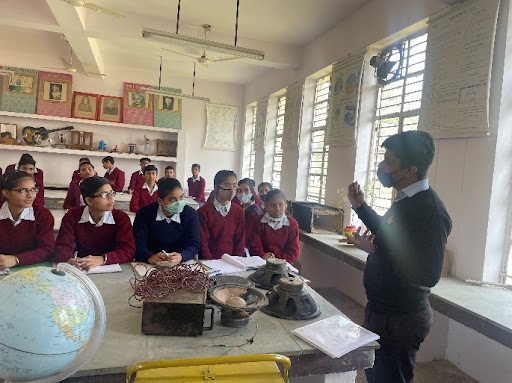
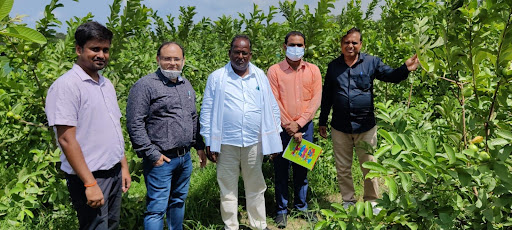


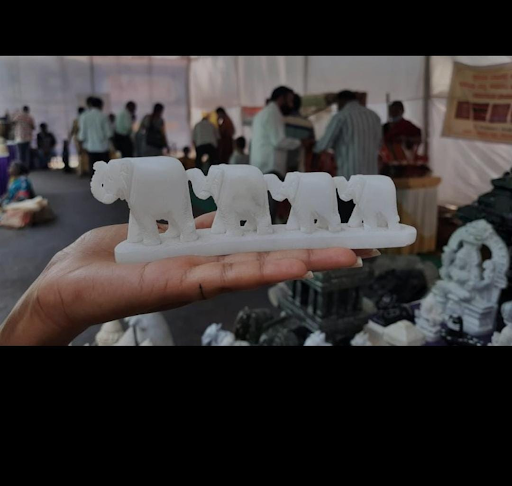





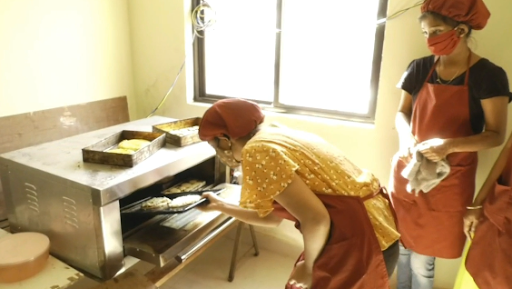
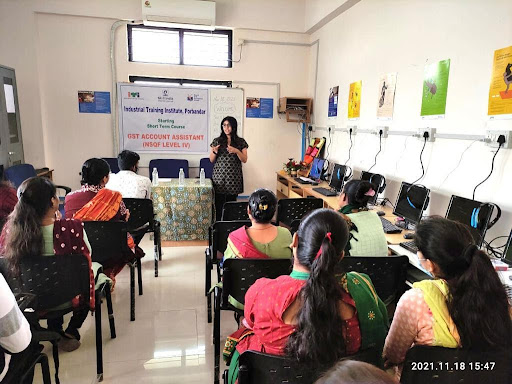
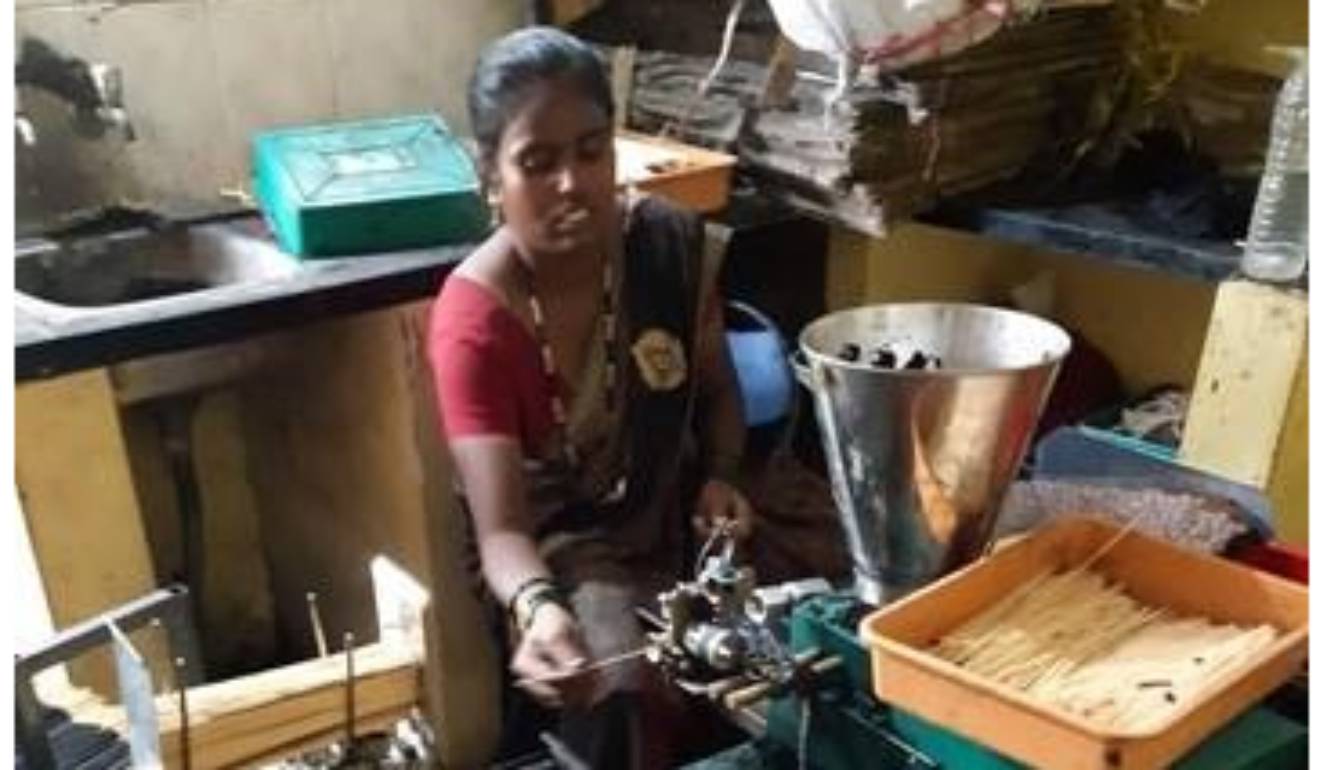



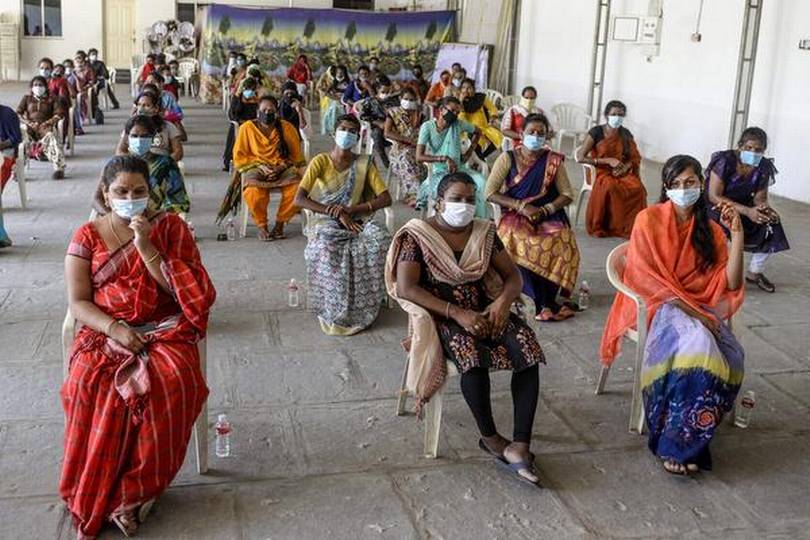








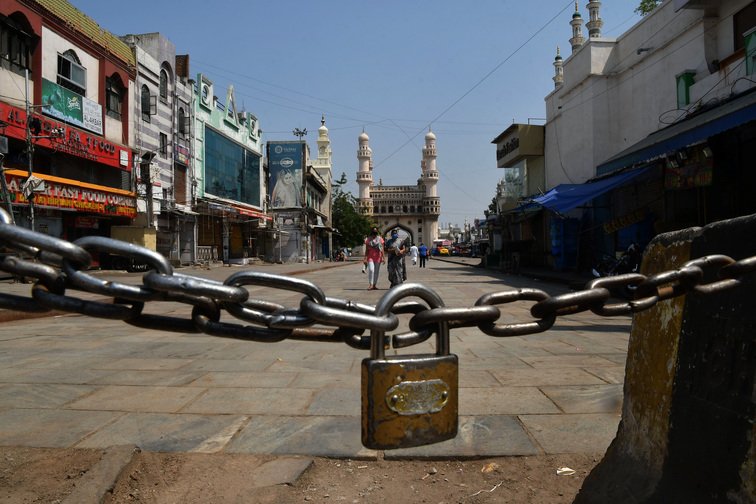




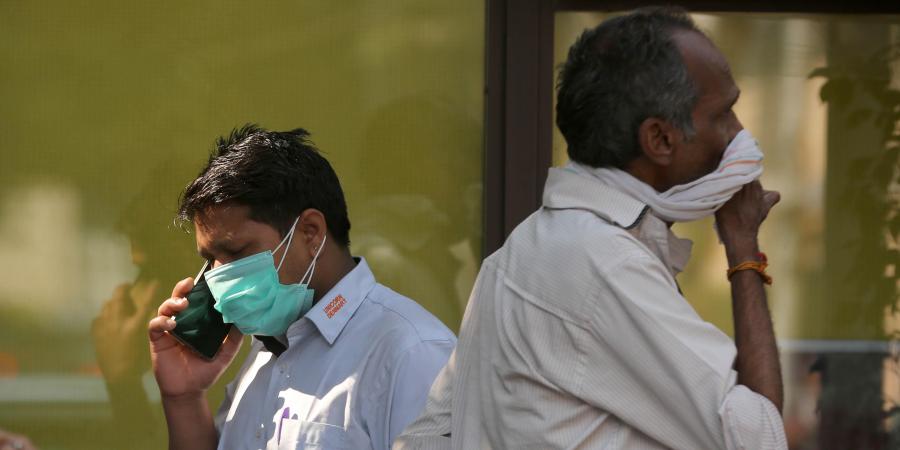
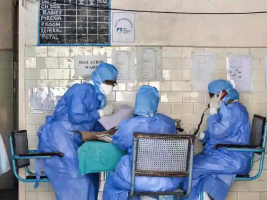


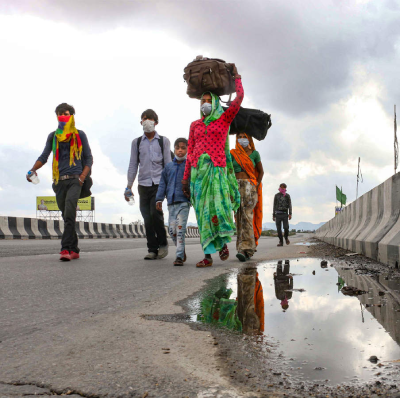
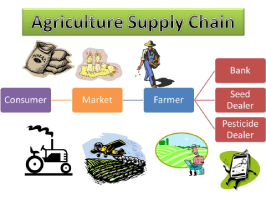
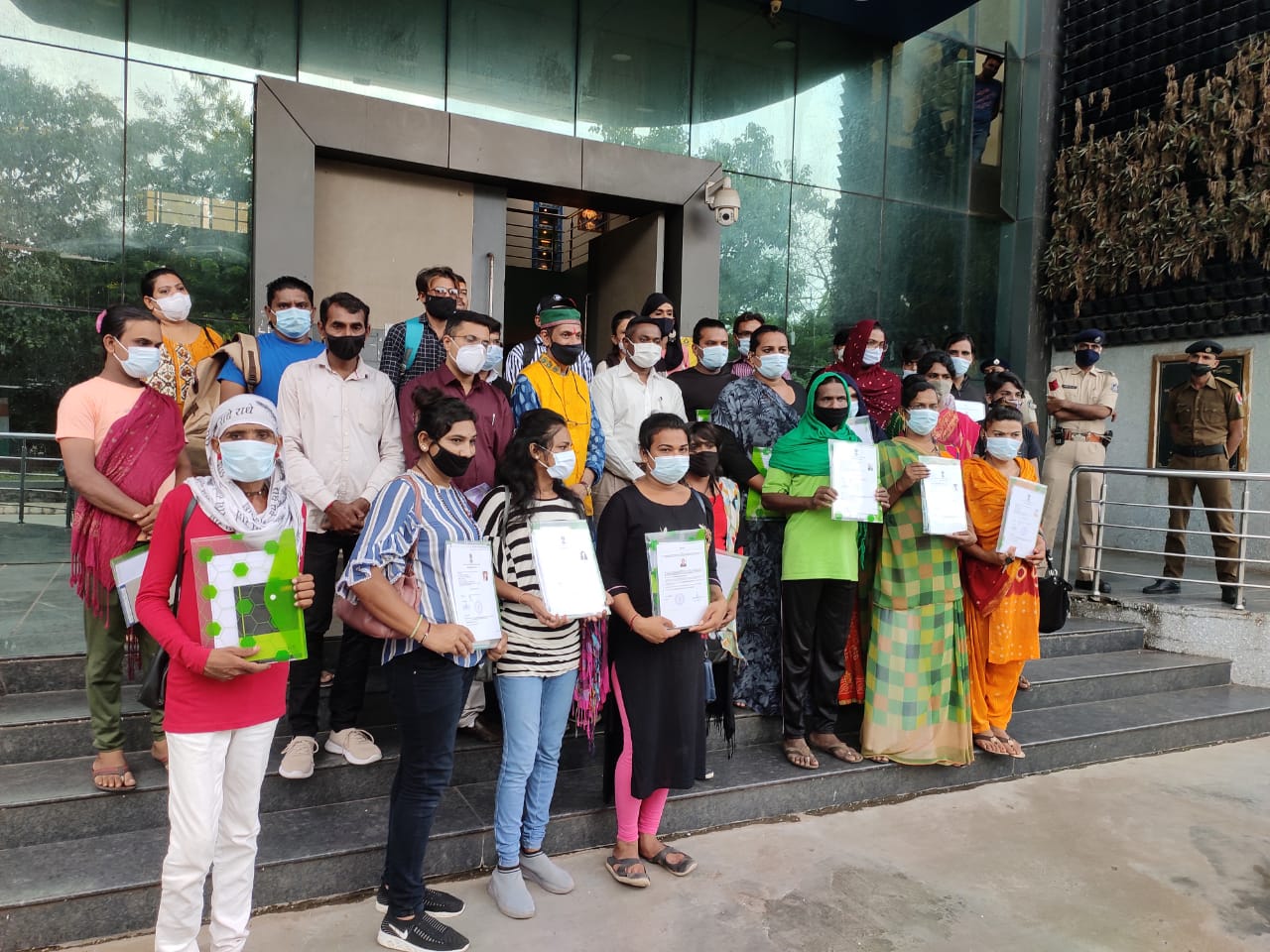
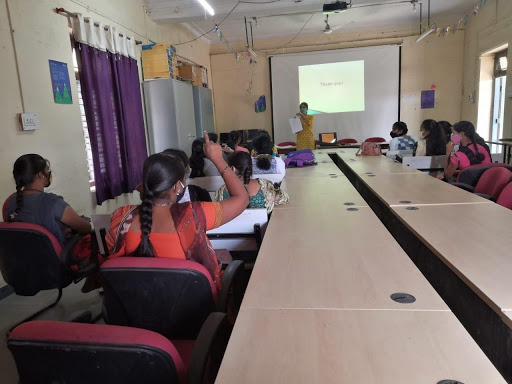



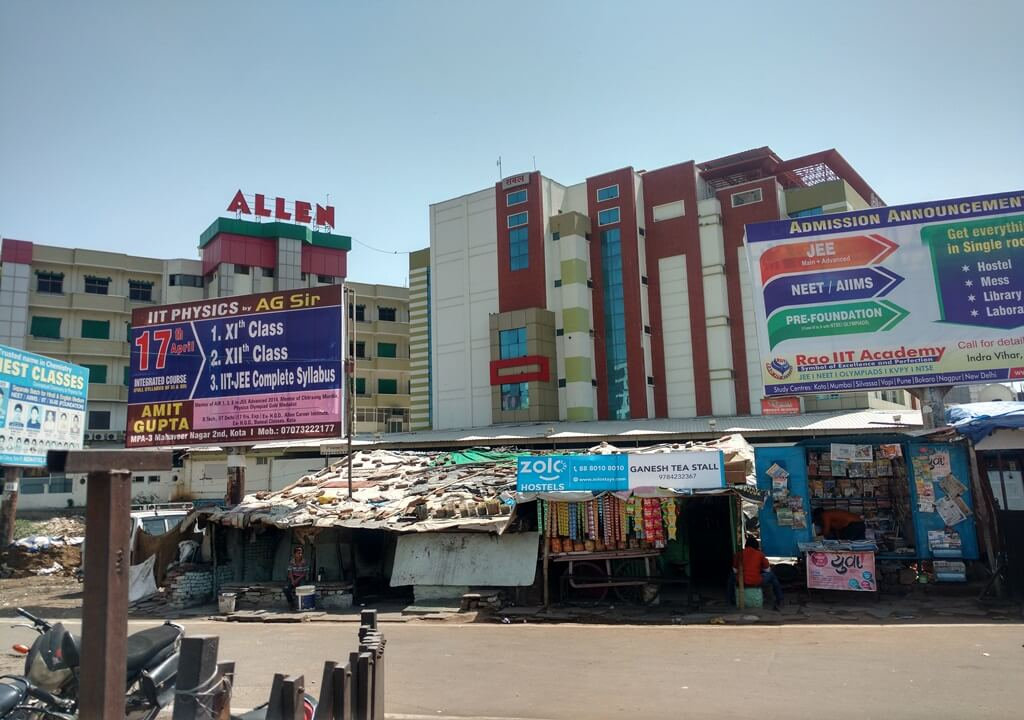
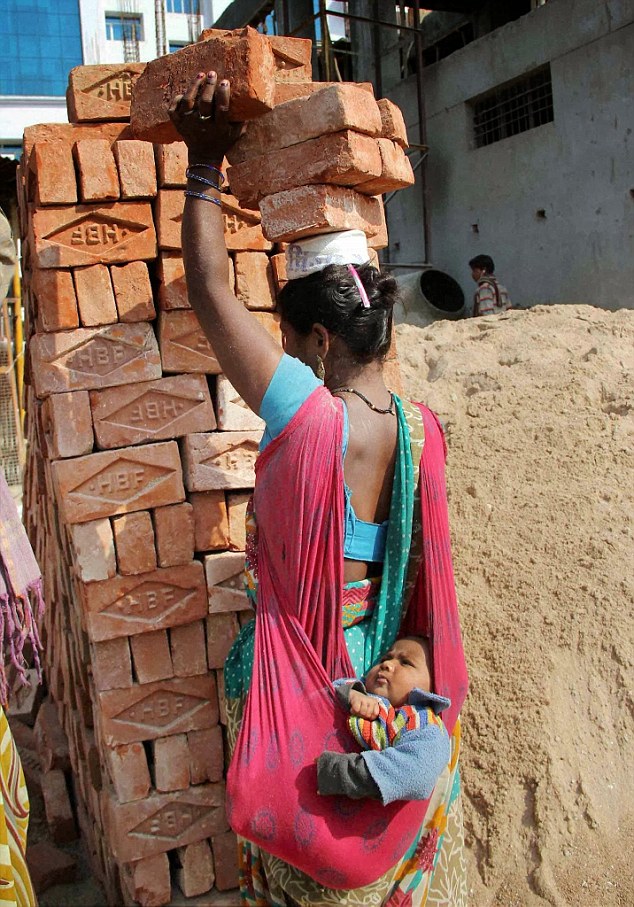

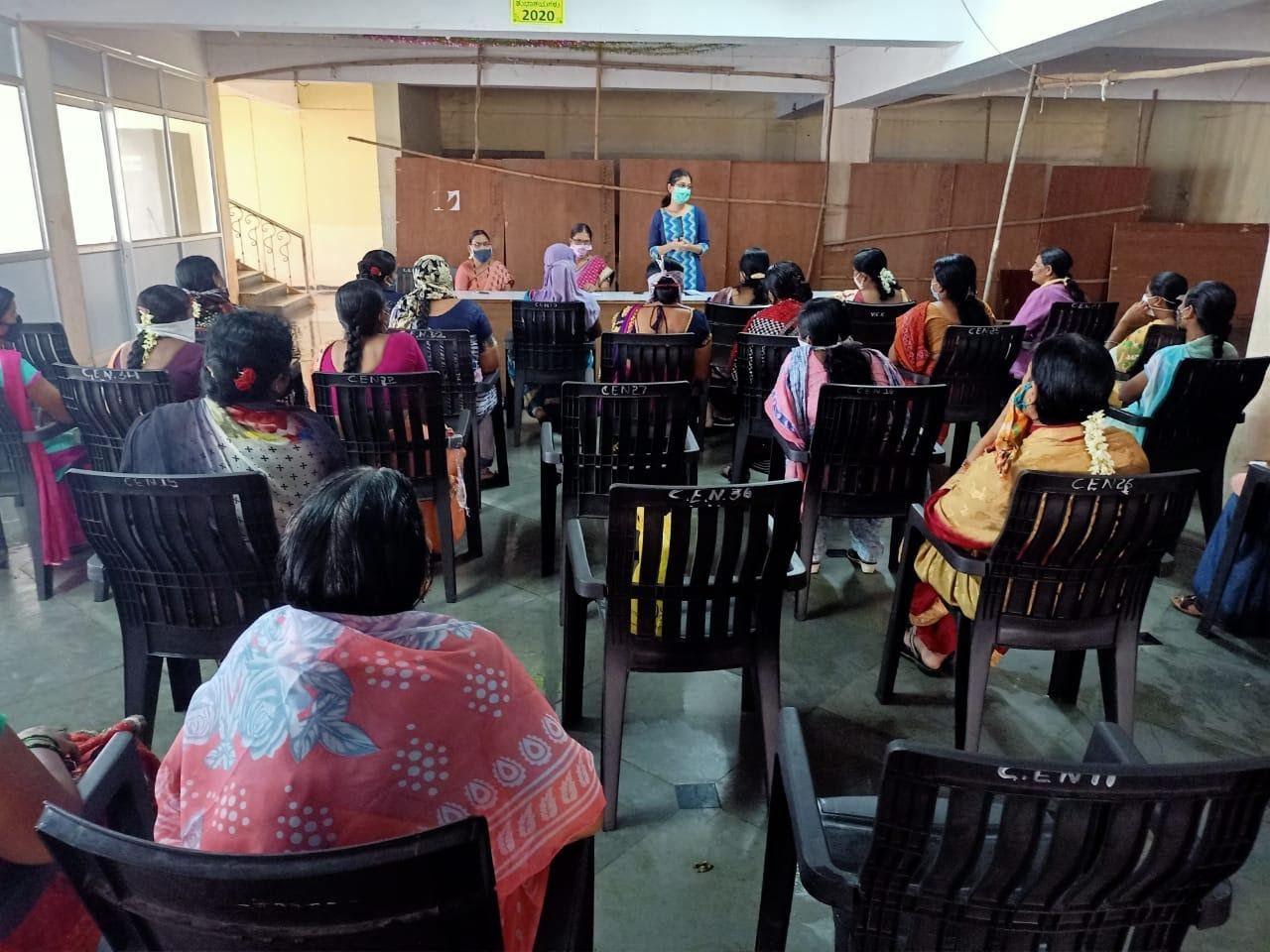




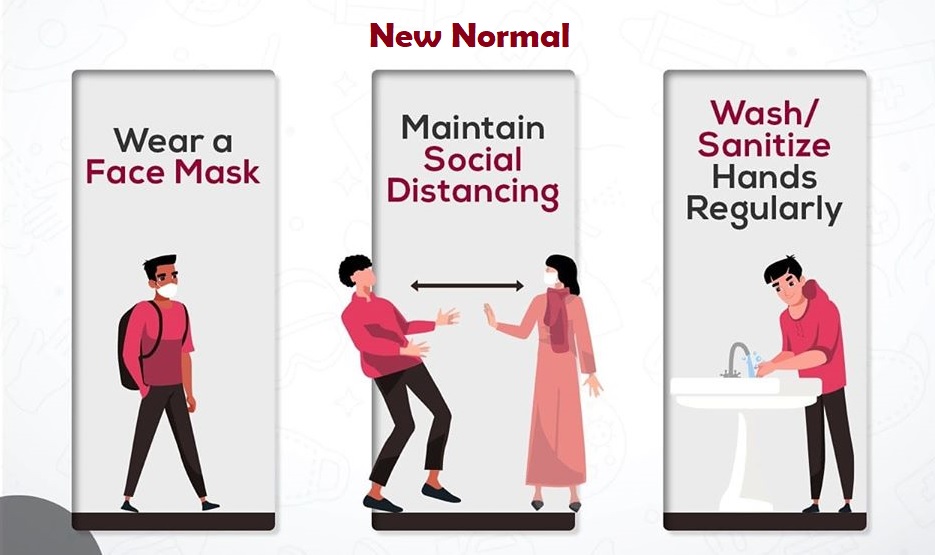


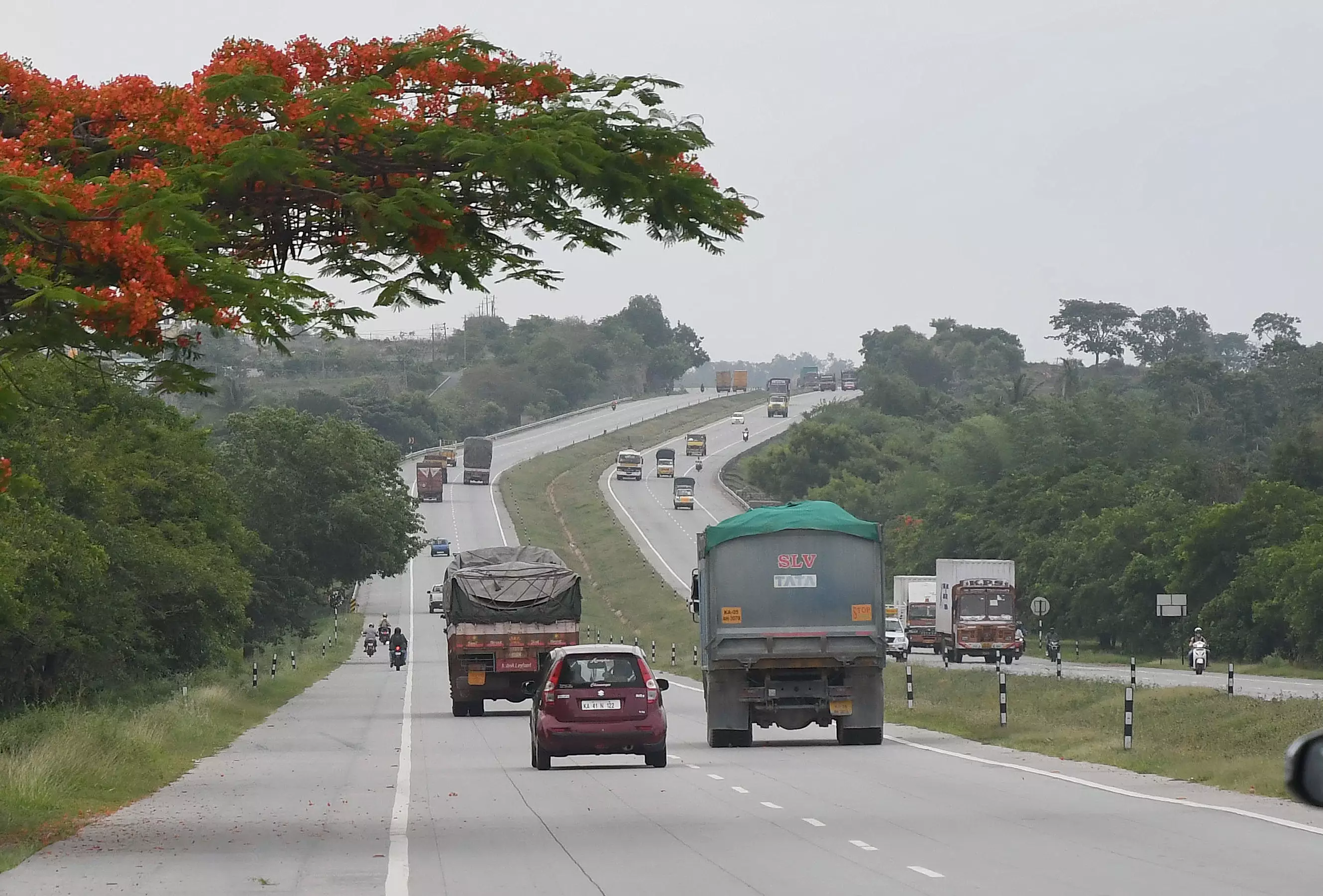
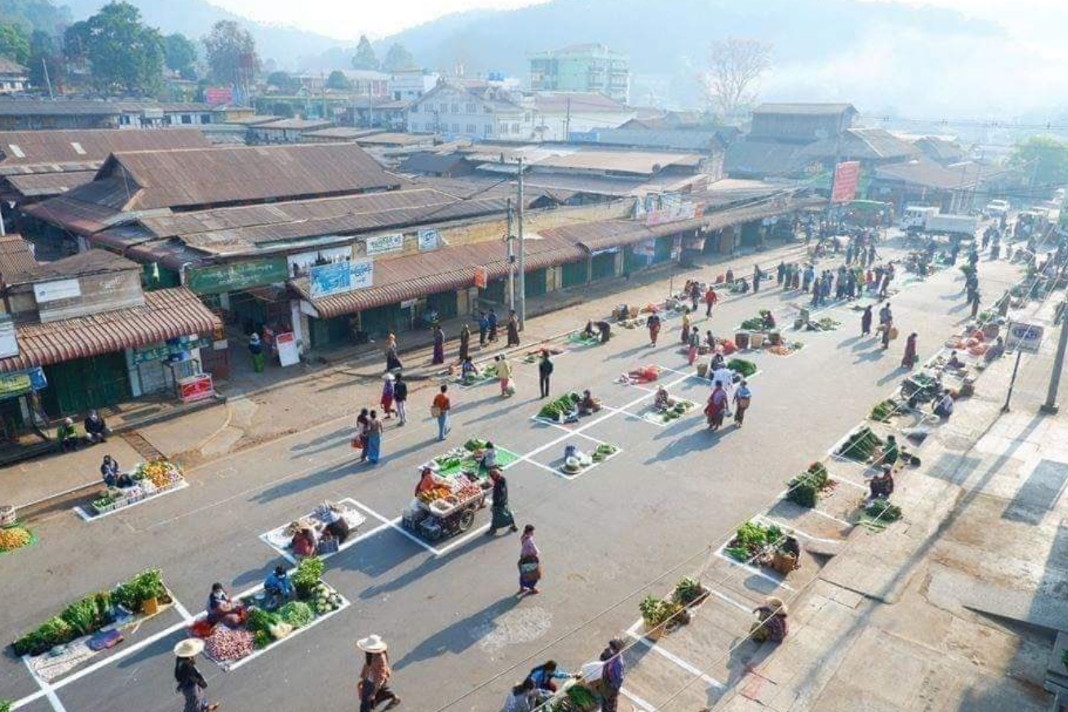
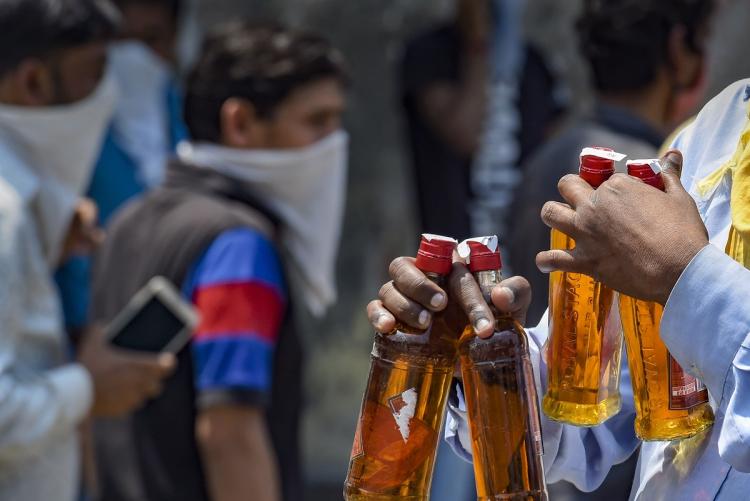
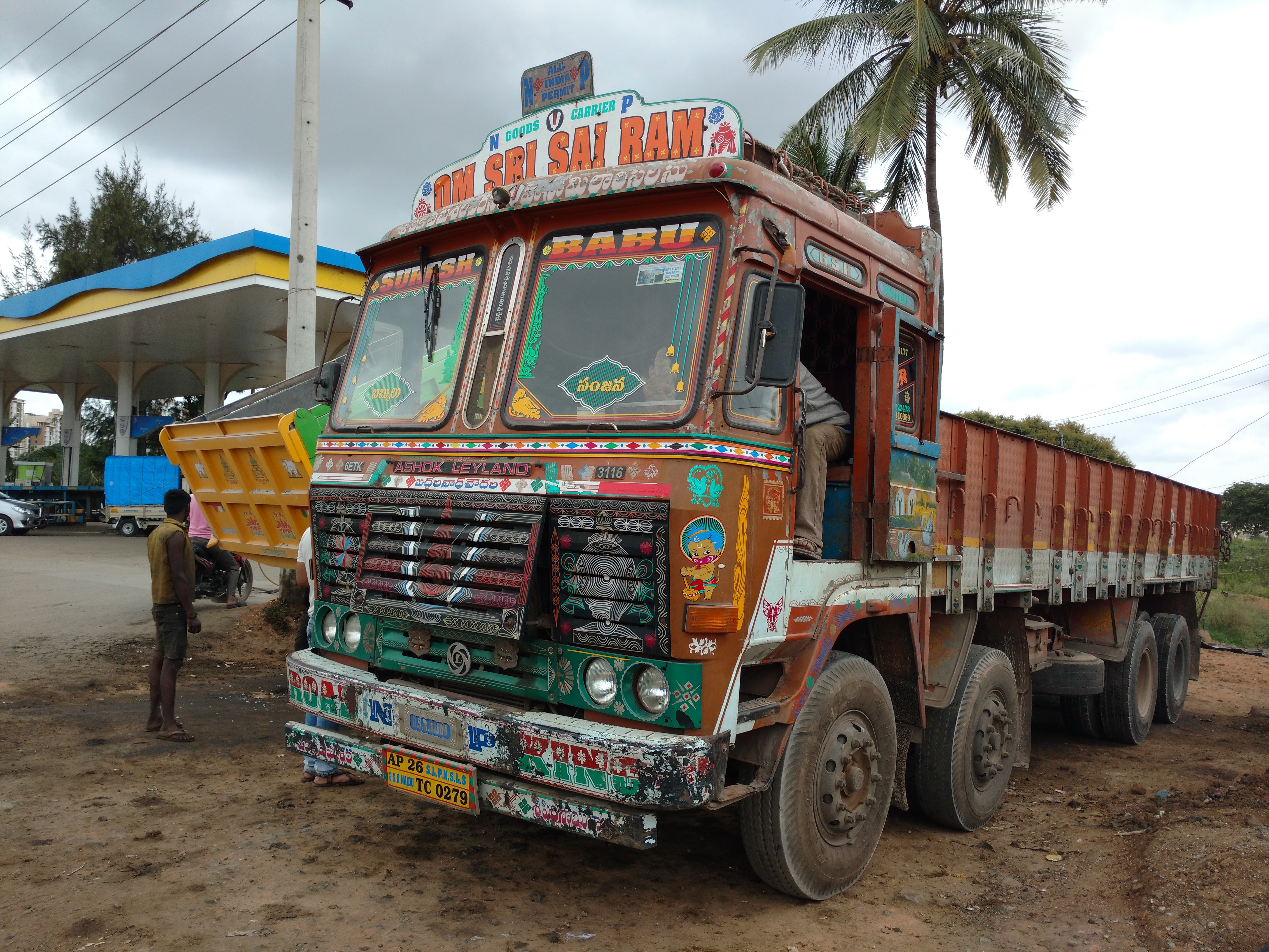

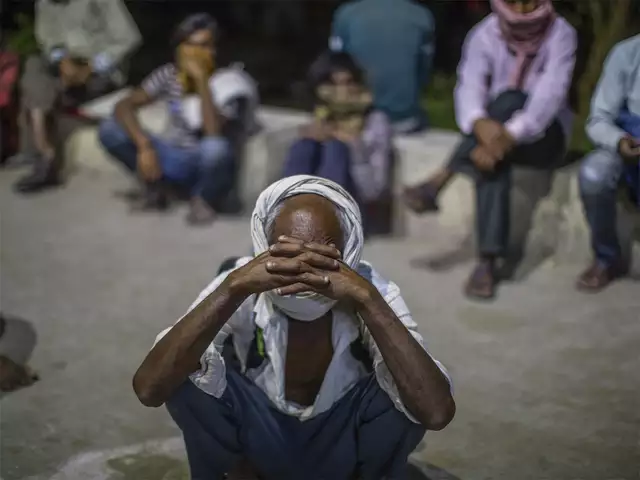

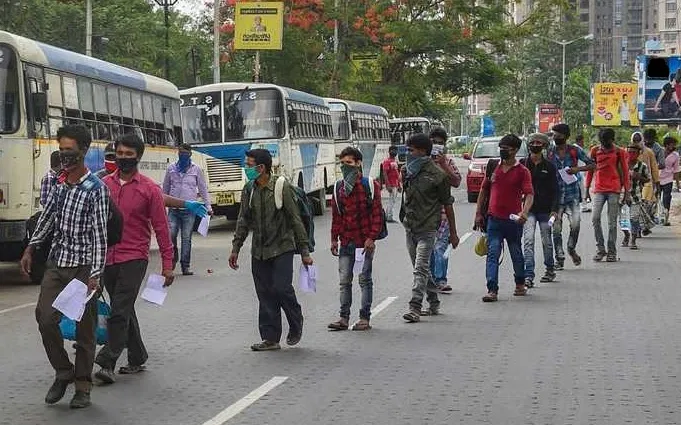



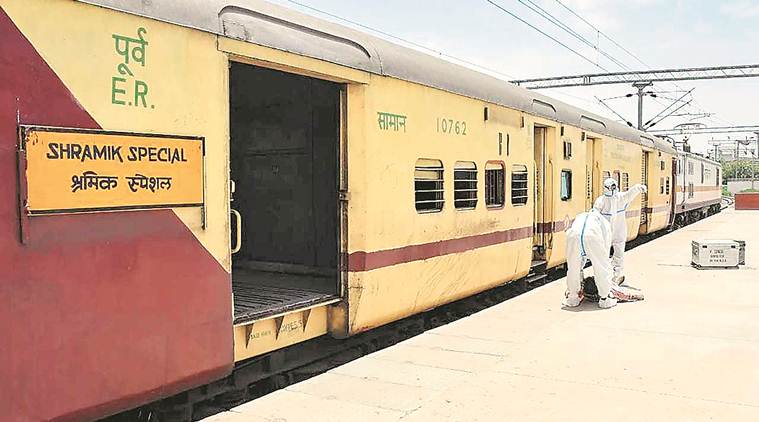



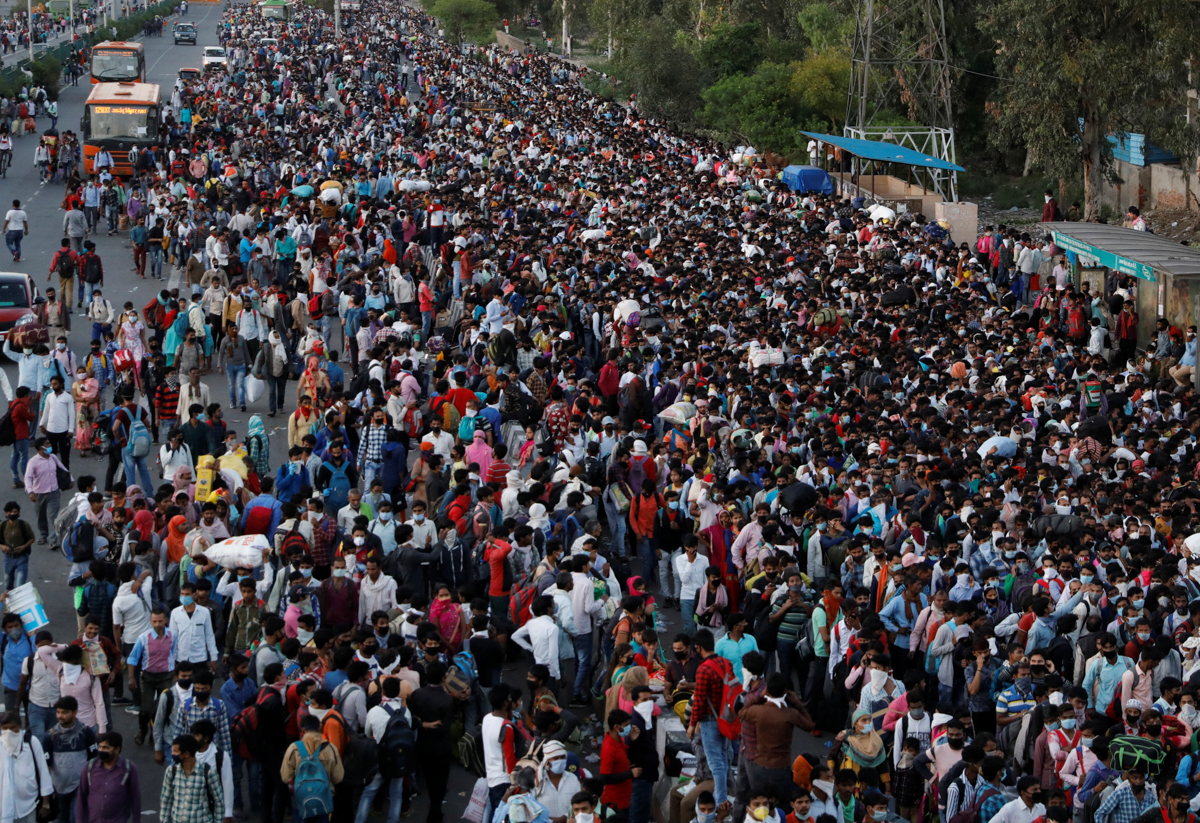
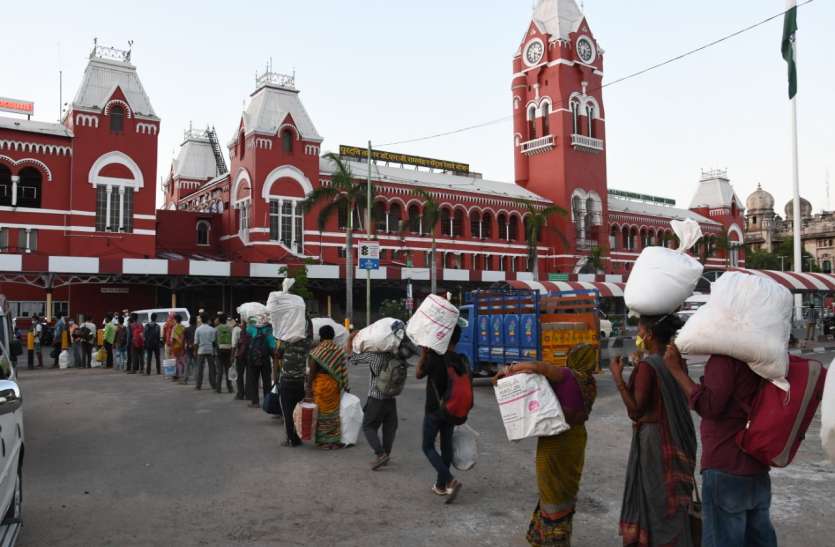
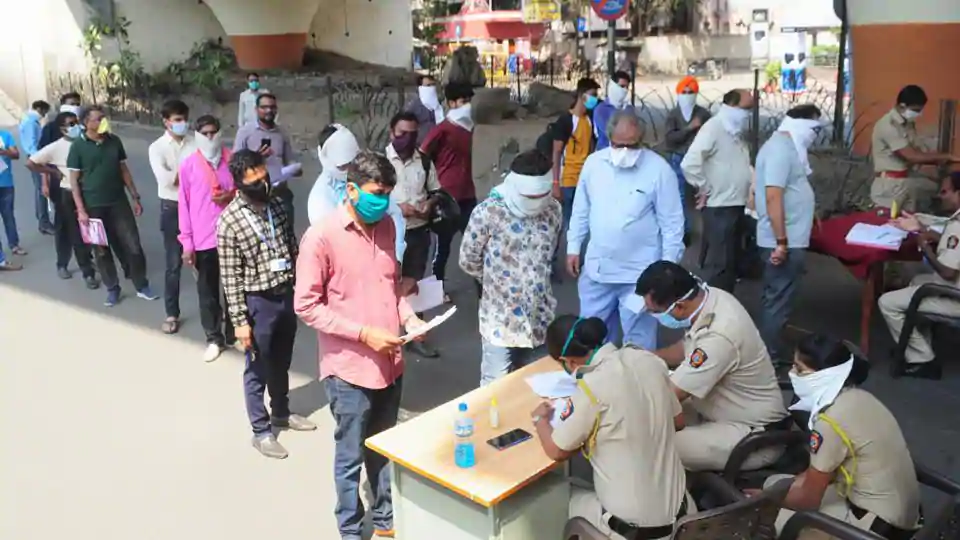
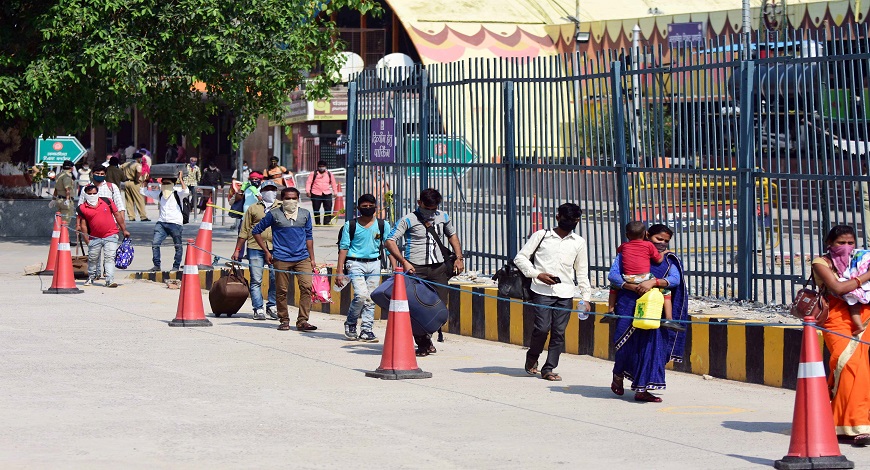
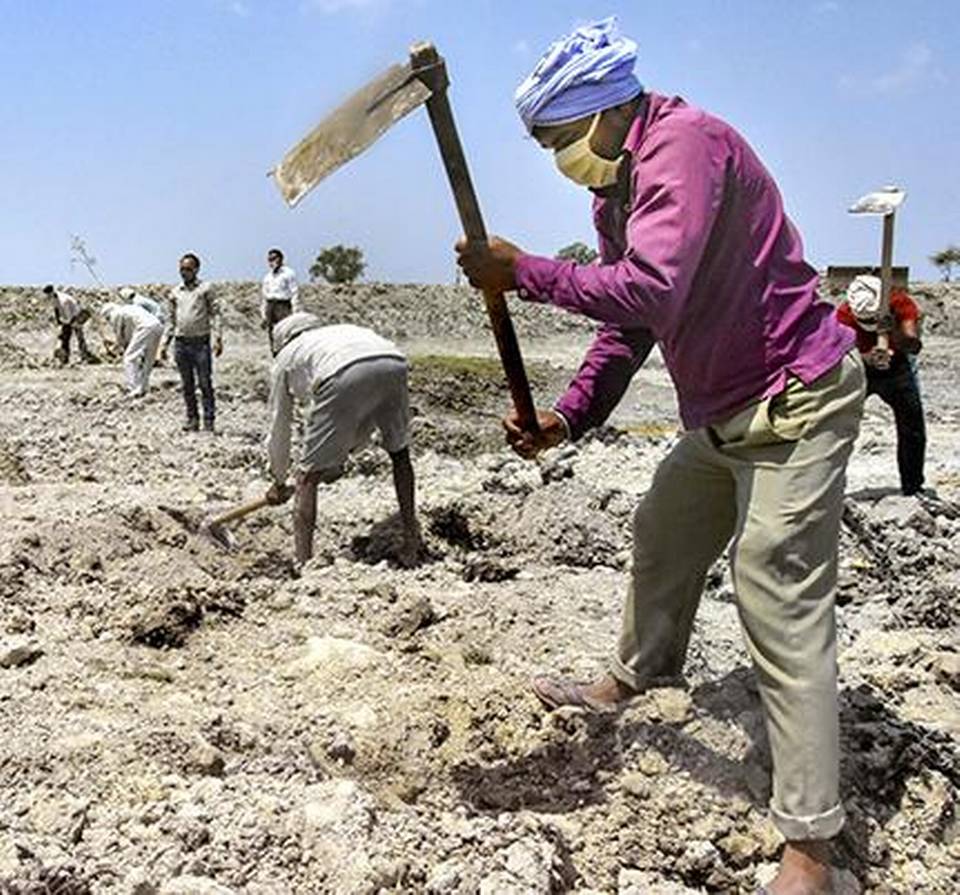
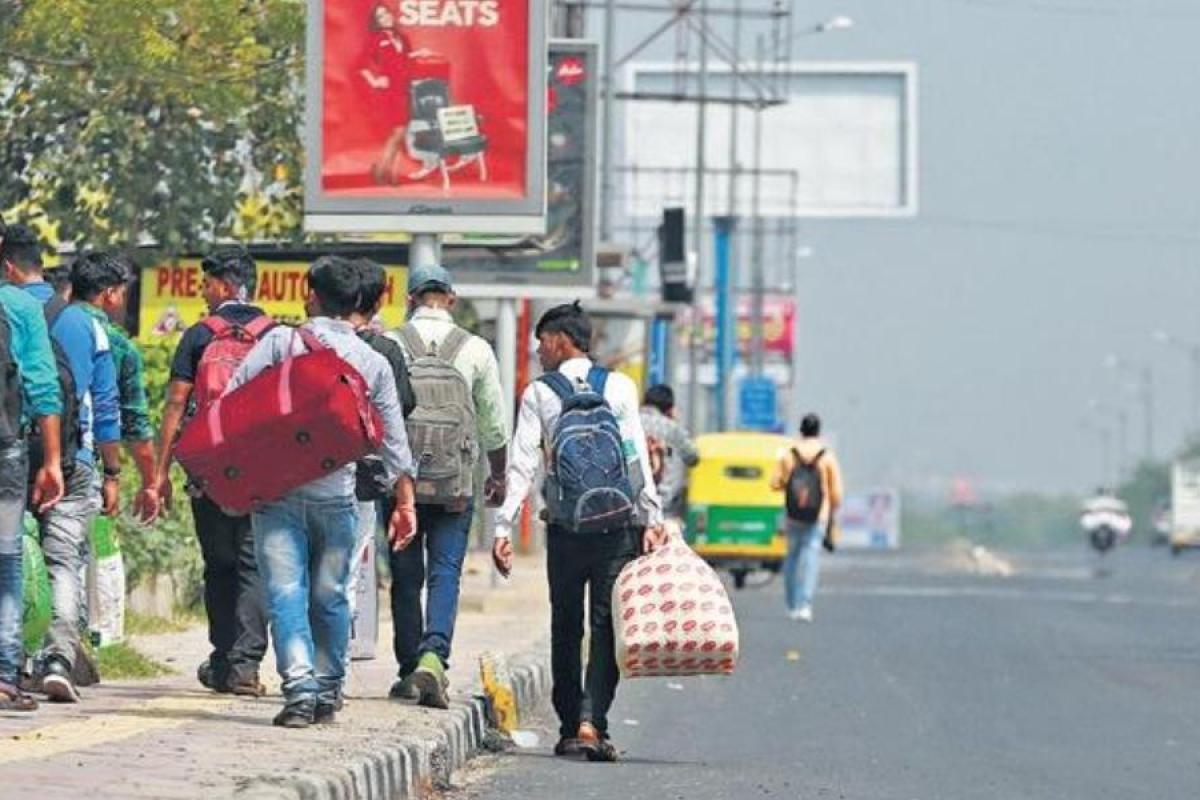
Jaishri Rai